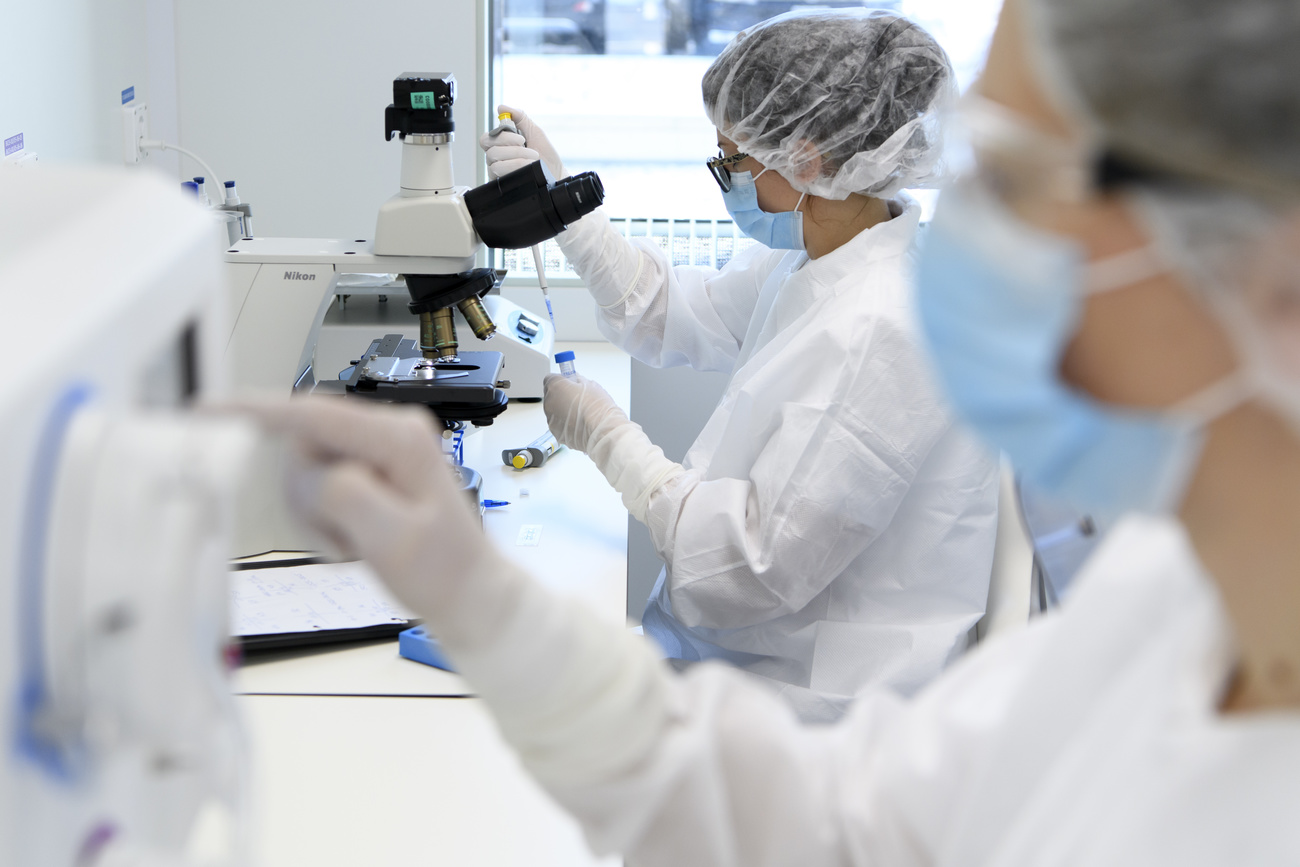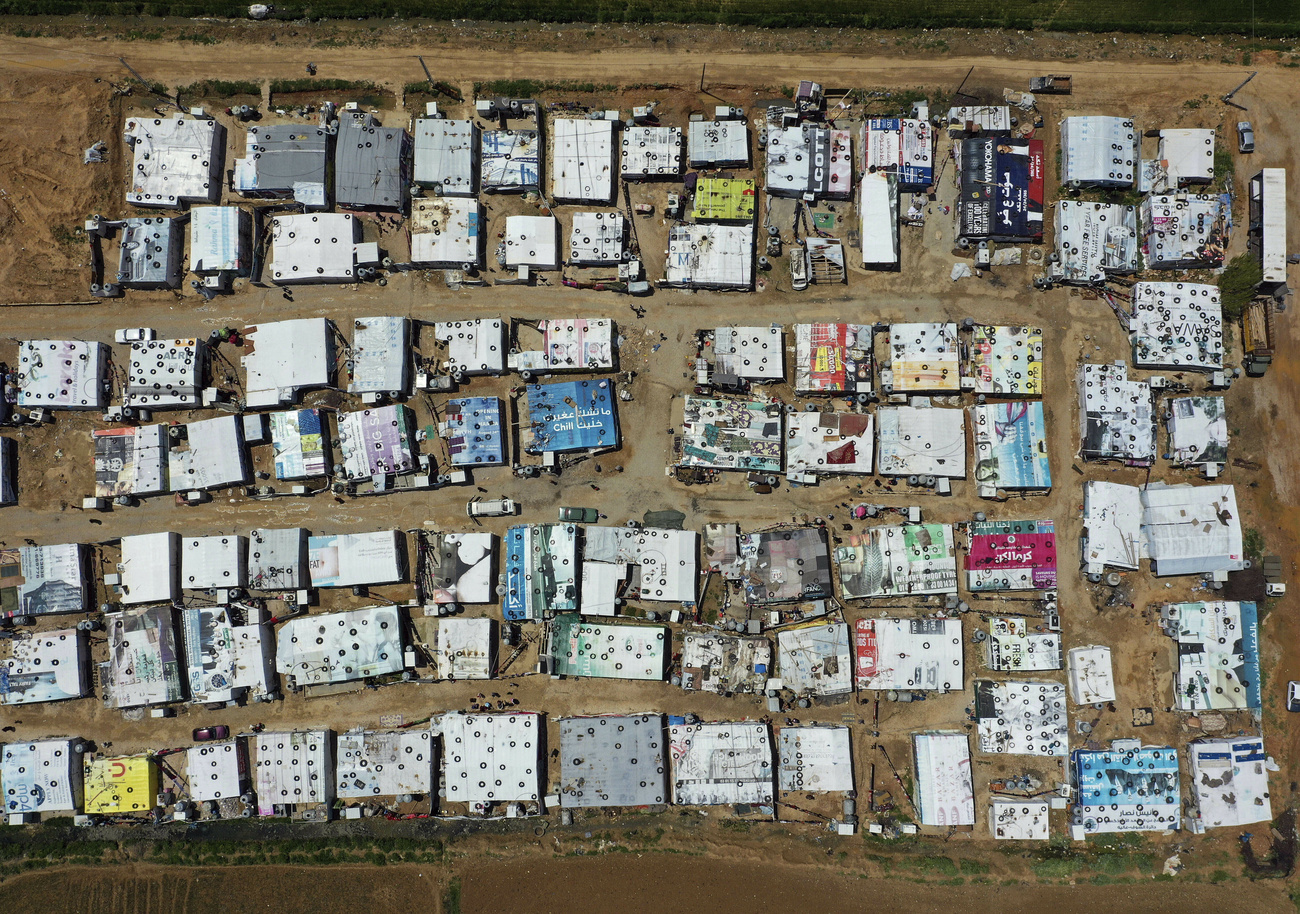
Zurich researchers develop method for more effective cancer therapy

Researchers in Switzerland have developed a method for predicting the reaction of individual cells to certain active substances.
This knowledge of the individual reaction of individual cells is a key to more effective cancer therapies, the federal technology institute ETH Zurich said in a statement on Wednesday.
The new method, which is based on machine learning, was presented by researchers from ETH Zurich, the University of Zurich and the University Hospital Zurich in the scientific journal Nature Methods.
According to the paper, the predictions of the reactions of individual cells are made on the basis of cell samples. They ultimately indicate how well a patient’s cells respond to a drug.
+ Swiss cancer research could ‘boost’ immunotherapy
“Instead of relying on average values of an entire cell population, our method can precisely describe and even predict how individual cells react to a disturbance, such as by an active substance,” study leader Gunnar Rätsch from ETH Zurich and the University Hospital Zurich explained. This makes more precise therapies and diagnoses possible.
However, comprehensive clinical studies are still necessary before the method can be used in clinical practice. So far, the researchers have proven that the method provides accurate predictions. In addition, according to the university, the researchers were able to show that the cancer cells also work with other disease-causing cells. For example, in the autoimmune disease lupus erythematosus.
This news story has been written and carefully fact-checked by an external editorial team. At SWI swissinfo.ch we select the most relevant news for an international audience and use automatic translation tools such as DeepL to translate it into English. Providing you with automatically translated news gives us the time to write more in-depth articles. You can find them here.
If you want to know more about how we work, have a look here, and if you have feedback on this news story please write to english@swissinfo.ch.

In compliance with the JTI standards
More: SWI swissinfo.ch certified by the Journalism Trust Initiative































You can find an overview of ongoing debates with our journalists here . Please join us!
If you want to start a conversation about a topic raised in this article or want to report factual errors, email us at english@swissinfo.ch.